Australian winemakers suffer Chinese tariffs 2:54
(CNN) -
For a country with a much smaller military and no nuclear weapons, Australia is suddenly making too many hints about a war with China.
On April 25, the symbolic date of Anzac Day, when Australia pays tribute to its war dead, newly appointed Defense Minister Peter Dutton said a conflict with China over Taiwan should not be "ruled out", adding that Australians must be 'realistic' about tensions in the region.
In another Anzac Day message, the top official in Australia's powerful Homeland Affairs department, Mike Pezzullo, told his staff that "free nations" were hearing the "drums of war" again.
Australia angered China by calling for an investigation into the coronavirus;
now Beijing is targeting its exports
A few days later, Prime Minister Scott Morrison announced $ 580 million in military upgrades.
A week later, several newspapers published a confidential report by Australian Major General Adam Findlay to special forces soldiers, in which he said that the conflict with China was "highly probable."
The idea of Australia waging a war against China on its own is ridiculous.
Last year, Australia's military spending was about $ 27 billion, according to the Stockholm International Peace Research Institute.
China was estimated to be 10 times higher, for the same period, at around $ 252 billion, the second highest budget in the world.
Furthermore, China is a nuclear power.
Australia is not.
advertising
Relations between Canberra and Beijing have been frozen for nearly a year, since Morrison and his government infuriated their Chinese counterparts by publicly calling for an investigation into the origins of the Covid-19 pandemic.
Since then, Australian exports to China, including coal, wheat and wine, have faced crippling obstacles.
The Australian government has taken steps to confront Beijing over allegations of human rights abuses in Xinjiang and Hong Kong, and Chinese Foreign Ministry spokesman Zhao Lijian has joined a chorus of state-run media highlighting Australia's poor human rights record on refugees and indigenous Australians.
But much of Australia's war rhetoric is actually driven by domestic politics, said Yun Jiang, editor-in-chief of the Center on China in the World at the Australian National University.
The Morrison government is under pressure from allegations that it has mishandled covid-19 vaccination and may be looking to change focus.
"Focusing on an external enemy has generally been quite effective in rallying public sentiment and mobilizing around the government," he said.
“I think it is irresponsible for the government to speak like this.
War is a very serious matter.
The Australian government's words, however, may reflect real concerns about the possibility of a Chinese invasion of Taiwan, a conflict that could ultimately involve the entire Asian region and even the United States.
But that terrifying prospect, Yun said, is probably why other US allies closer to Beijing's sphere of influence, such as South Korea and Japan, do not echo Canberra's aggressive language.
War

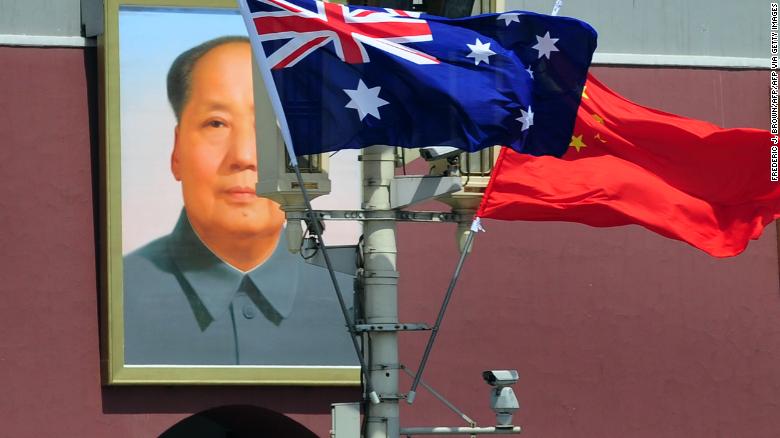
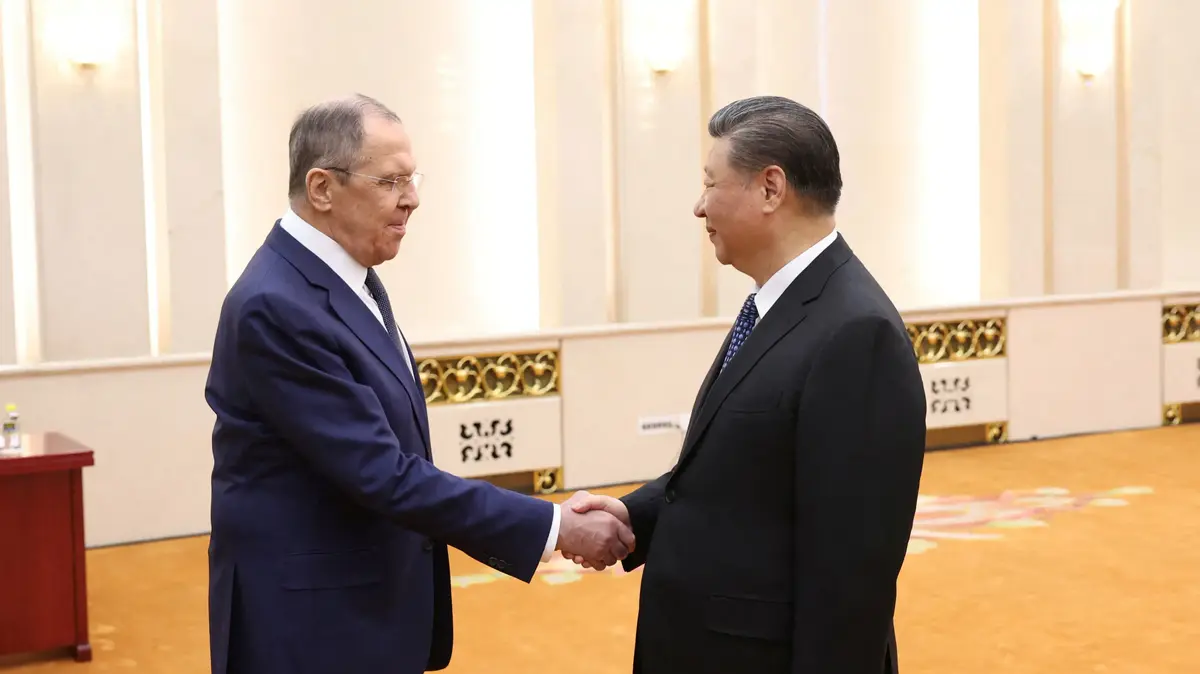


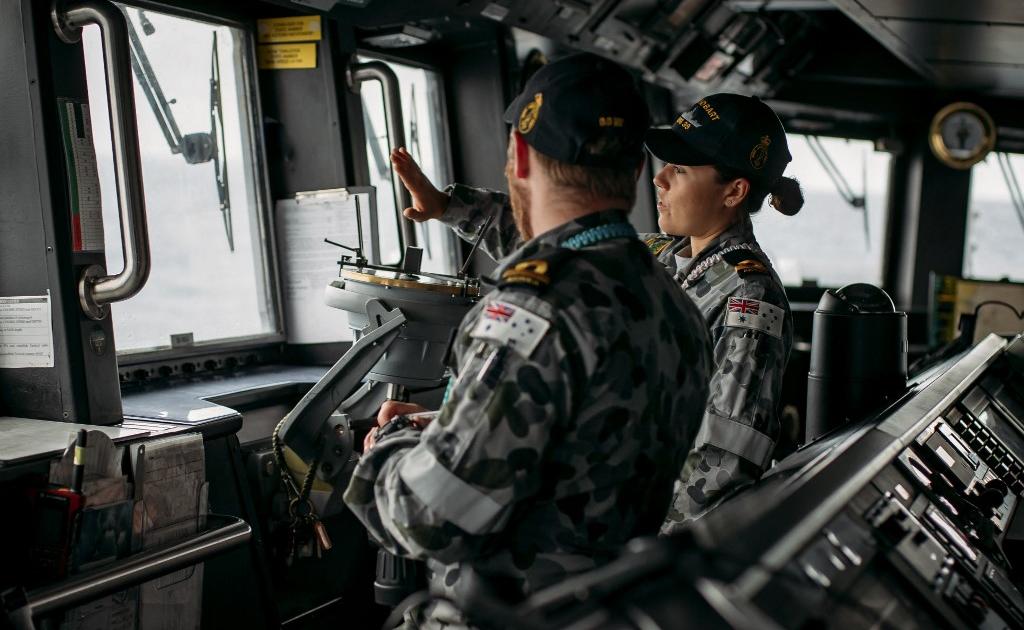
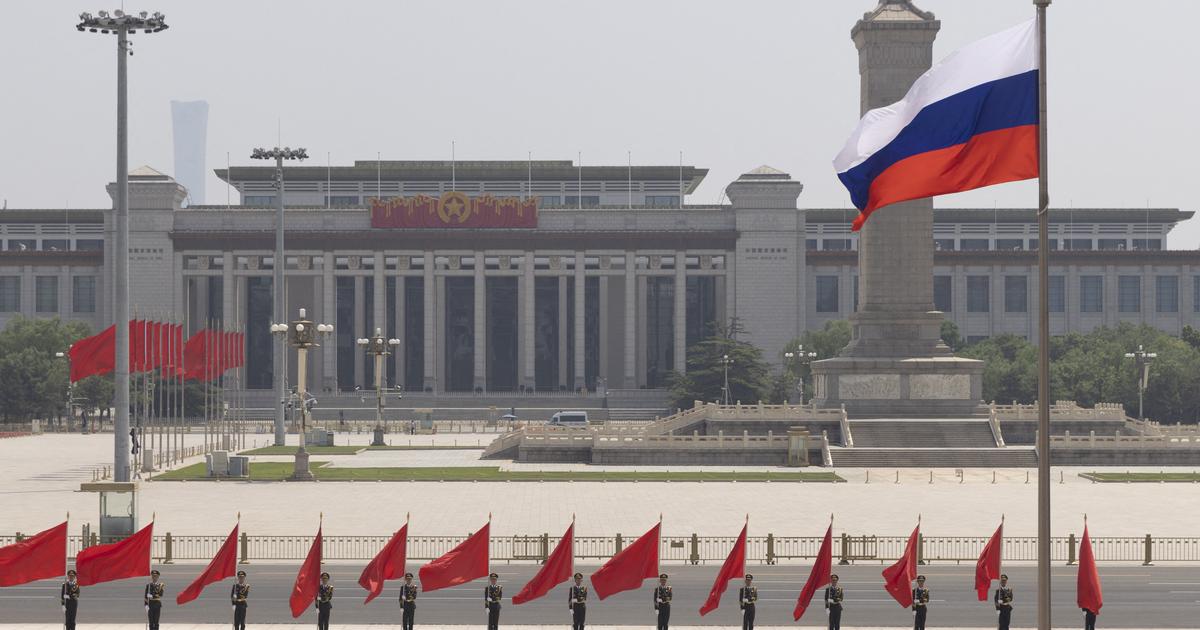
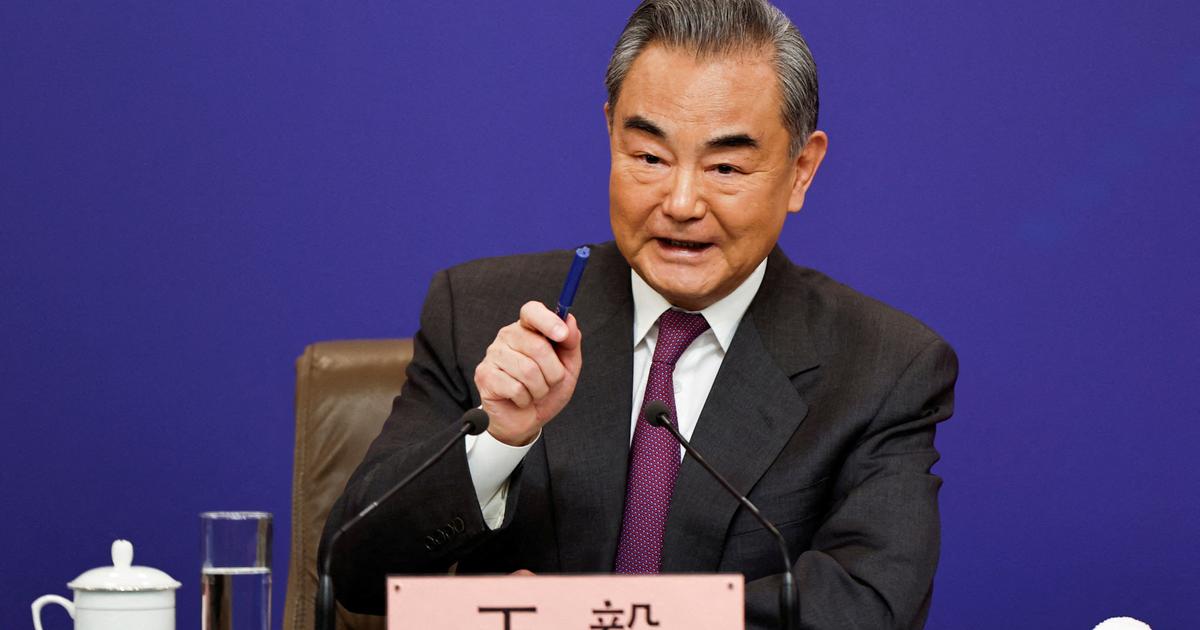



/cloudfront-eu-central-1.images.arcpublishing.com/prisa/KMEYMJKESBAZBE4MRBAM4TGHIQ.jpg)


